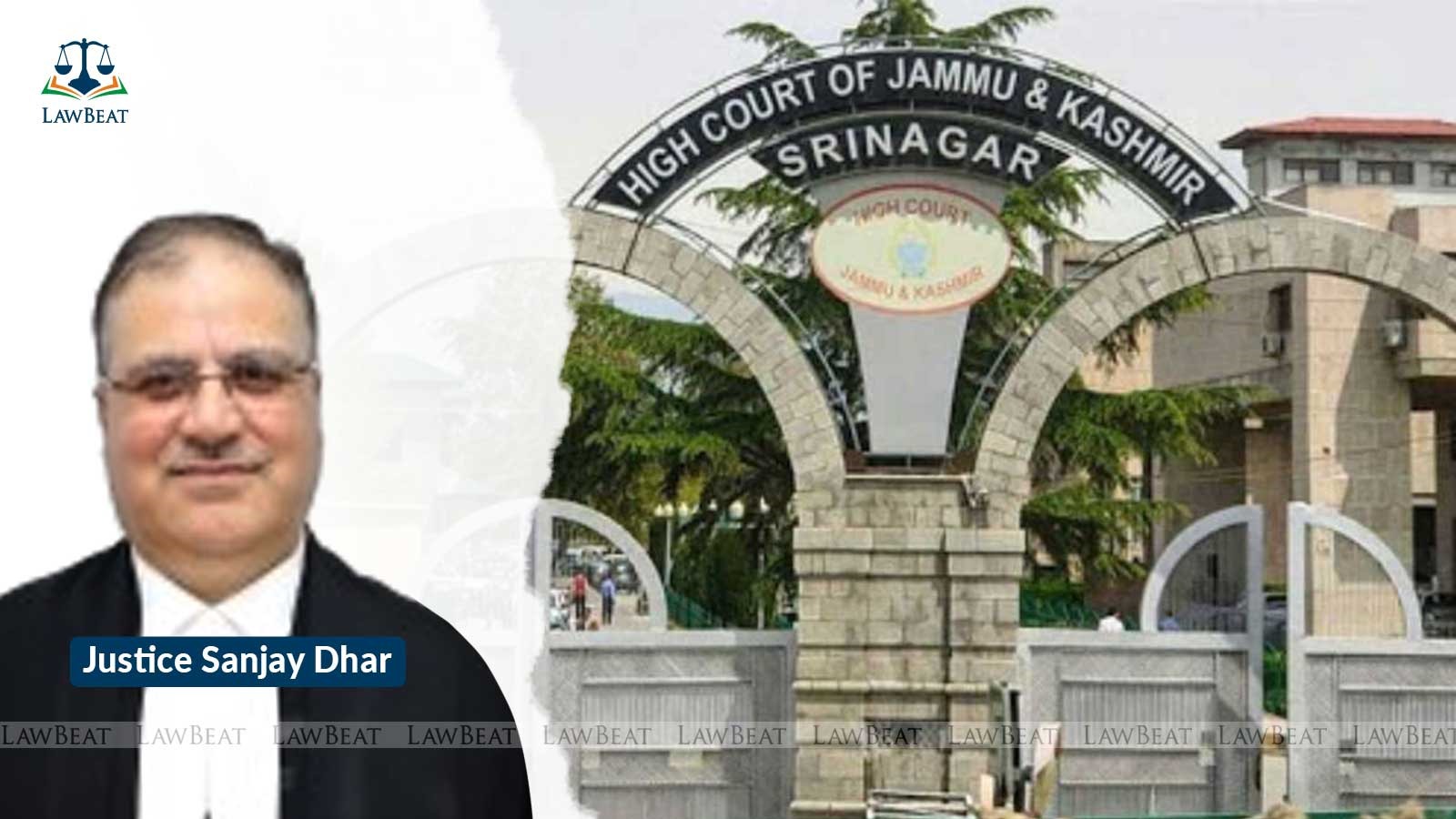Continuance of Criminal Cases After Compromise Between Parties Gives Fresh Lease of Life to Resolved Disputes : J&K and Ladakh HC

The court emphasised that where the dispute is private or personal, such as matrimonial disputes, and the parties have resolved their differences, the High Court has the jurisdiction to quash the criminal proceedings
The High Court of Jammu & Kashmir and Ladakh has quashed the criminal proceedings initiated against Jahangeer Ahmad Bhat and others, ruling that the continuation of such criminal proceedings, despite an amicable settlement between the parties, would only serve to reignite a dispute that has already been resolved.
Justice Sanjay Dhar, presiding over the court, observed that “ if an end is not put to the criminal proceedings, it would amount to giving a fresh lease of life to the dispute between the parties which has been settled by them amicably. It will amount to frittering away of the fruits of compromise that has been arrived at between the parties. The continuance of criminal proceedings against the accused/petitioners in these circumstances, will be nothing but an abuse of process of law.”
The court was hearing a case registered for offences under Sections 452, 354, 323, and 379 of the Indian Penal Code (IPC). The First Information Report (FIR) was filed by Abdul Hamid Dar (respondent No.2), who alleged that on September 8, 2020, the petitioners unlawfully entered the house of his relative, Dr. Murassa (respondent No.3), in Gund Checkpora, and assaulted him. Additionally, Dar claimed that the petitioners stole Rs. 8,000 from him, and that both he and Dr. Murassa were beaten, with the latter's clothes being torn during the incident.
During the pendency of the criminal proceedings, the parties involved reached an amicable settlement through the Lok Adalat. A compromise deed was presented before the court, and statements from both the petitioners and respondents were recorded, confirming that the dispute had been resolved, and no grievances remained.
The petitioners, represented by Advocate Shuja-ul-Haq, argued for the quashing of the criminal proceedings, emphasising that the dispute had been amicably resolved, despite the inclusion of non-compoundable offences in the FIR. They asserted that continuing with the proceedings would be both futile and counterproductive, as it would overlook the settlement reached between the parties.
Conversely, the respondents, represented by Deputy Advocate General Hakim Aman Ali, acknowledged the existence of the compromise but highlighted the non-compoundable nature of certain offences in the FIR.
The court emphasised that the continuation of such proceedings would undermine the very purpose of the compromise and revive a dispute that had been amicably settled. Citing precedents from the Supreme Court, including ‘Gian Singh v. State of Punjab’ and ‘Narinder Singh v. State of Punjab’, the court reiterated that in cases where there is little chance of securing a conviction due to the settlement, quashing the proceedings is appropriate.
The court while delivering the decision, noted : “It is a settled law that the offences arising out of the disputes where the wrong is basically private or personal in nature like disputes arising out of matrimony and the parties have resolved their entire dispute, the High Court will be within its jurisdiction to quash the criminal proceedings, particularly when, as a consequence of the compromise arrived at between the parties, there is remote possibility of securing conviction of the accused.”
Given the facts of the case, the court found that the FIR emanated from a matrimonial dispute between petitioner No.1 and respondent No.3, which had been resolved.
Consequently, the court quashed FIR and all proceedings emanating from it.
Cause Title: Jahangeer Ahmad Bhat v UT of J&K [CRM(M) No.155/2020]
